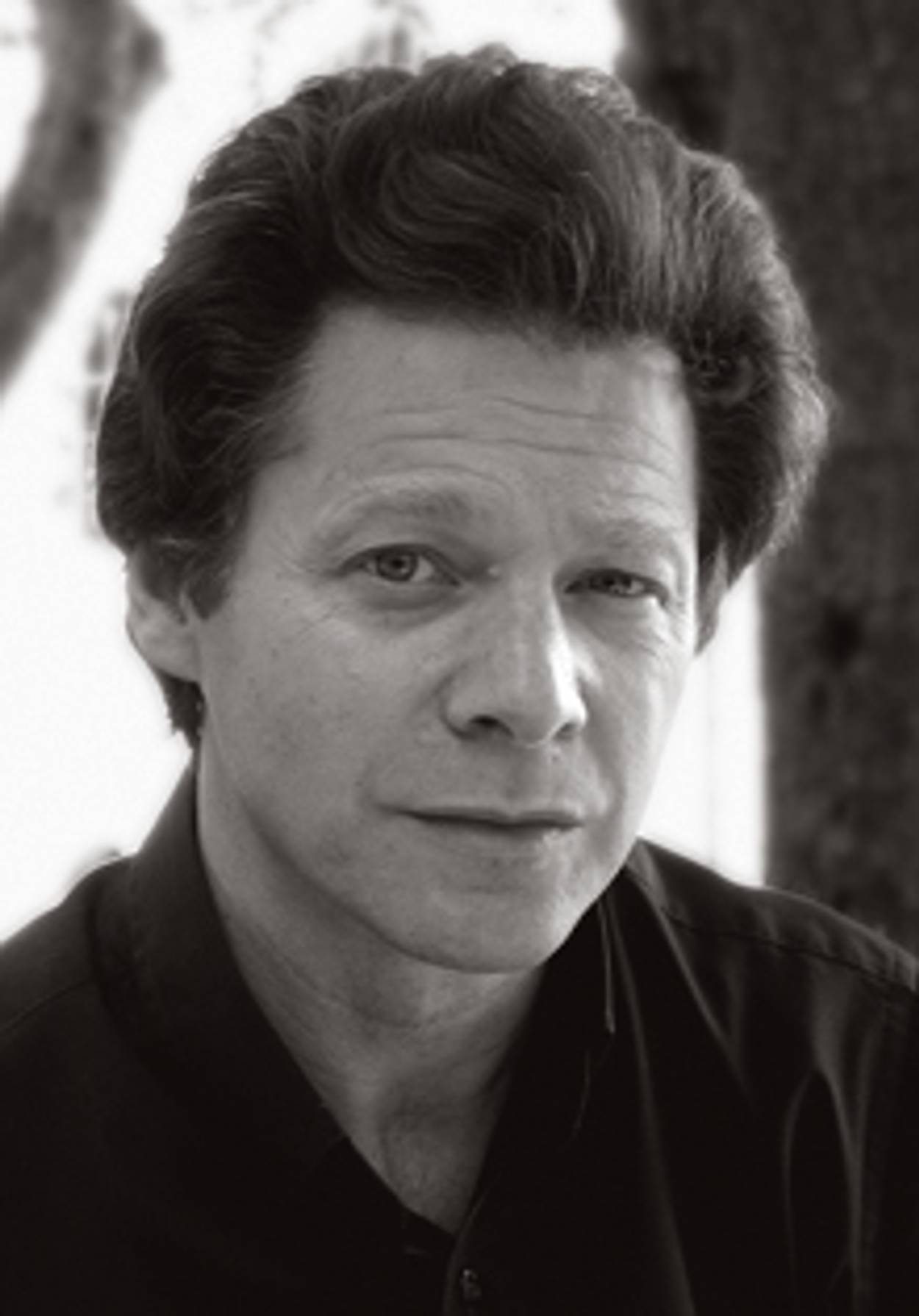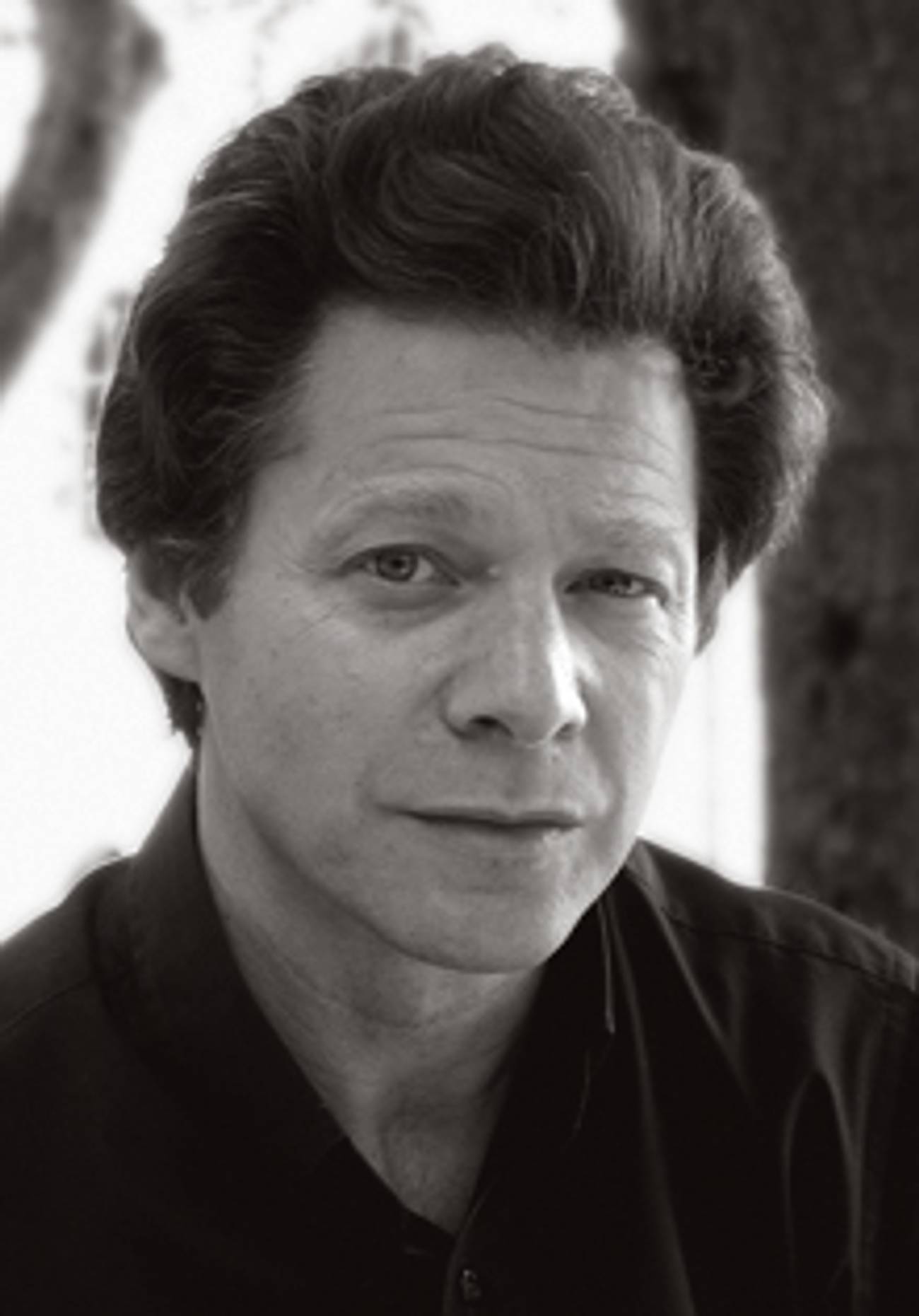A Dreamer of the Golden Dream
Melanie Rehak traces Peter Cole’s controversial poetry and politics to a Holiday Inn in Providence




“When it comes to things Jewish,” poet and translator Peter Cole recently told me from his home in Jerusalem, “I am, for the most part, self-taught.” Cole, one of the world’s most prominent translators of Hebrew poetry, actually did receive a formal Jewish education during his childhood in Paterson, New Jersey, but it was undistinguished—”It’s safe to say I was the worst student in the Sunday school class,” he jokes—and his family was unobservant. He went to Hebrew day school through the third grade and, as he puts it, “continued with the usual and pretty-much useless afternoon Jewish education once I was in public school.” His studies ended with his Bar Mitzvah.
What Cole really means by “self-taught” is that he acquired one of the cornerstones of his poetic knowledge not at a temple or in a library but in a far less likely place: a Holiday Inn in Providence, Rhode Island.
This was where Cole landed after dropping out of college twice—once from Williams, at which point he thought he was never going back, and then again from Hampshire—and eventually earning a degree in English Literature, in 1980 (he went back to Hampshire). He worked at the motel as a gardener, maintenance man and “grouter of bathtubs,” he explains. “The grouting was tedious and the fumes dangerous, so I would take periodic breaks on the bed. And of course every room had a Gideon’s Bible, and the Bible soon became my companion.” At the time, he had begun reading Near Eastern mythology and pursuing what he now says he “liked to think of as a line of Jewish thought, sensing that it would somehow lead me to the poetry I was meant to write.” Soon enough he got in touch with Judaic Studies scholar Jacob Neusner, a family friend who was at Brown at the time. Neusner got Cole access to the university library, and what began with a hotel Bible soon continued “up the ladder,” as Cole made his way through Gershom Scholem and beyond. After a year of ad-hoc study, he wanted to learn Hebrew; Neusner suggested he go to Jerusalem for a summer course at Hebrew University.
It would prove to be a transformative move for Cole, who learned not only Hebrew in his first year in Jerusalem, but also “a new kind of poetry, a new notion of literary reality, a new kind of Judaism.” He was taken in by an Iraqi Jew—another family friend—who found him a place to live (“My neighbors were a Moroccan prostitute whose husband was in jail for manslaughter and a Polish Holocaust survivor who was a tailor,” he says) and introduced him to Sephardic Jewry. In particular, Cole was taken with baqashot, which he describes as “an Eastern practice of singing religious poetry in middle-of-the-night sessions that were held during the rainy season. That music and its relation to the words that were sung simply blew the lid off of any notion I had previously held of what poetry might do,” Cole recalls. It wasn’t just the singing, either (Cole was part of “the ragged, informal chorus”). A whole new, romantic world was opened to him. “[It] was accompanied by whiskey, snuff tobacco, boiled potatoes with salt, pepper, and fenugreek, phyllo pastries filled with spinach, cardamom-spiced tea, and much more, including the occasional fistfight.”
It was a world Cole would find hard to leave. After a short stint back in the United States, he ended up in Jerusalem again and has remained there, aside from occasional visiting professorships at American universities, ever since. In addition to translating and writing, he and his wife, essayist Adina Hoffman, along with the poet Gabriel Levin, run Ibis Editions.
In Cole’s words, the trio founded the publishing house “to share overlooked work that mattered to me and to my fellow editors, and to present the literature of this part of the world as writers themselves experience it—and not simply through the lens of political science.” As a result, Ibis Editions’s titles range from the liberal to the conservative and, more to the point, from the Israeli to the Palestinian. “Our political commitment has, admittedly, become more pronounced over the years as the situation on the ground has deteriorated,” Cole explains. “But our first priority is still to publish work that we consider excellent, regardless of the political position its authors may have held.”
Cole’s own politics are unabashedly left-wing, which has brought him some criticism from his fellow literati. As Cole recalls, “I once had a poet friend in Israel tell me that my translations my translations of Aharon Shabtai’s political poems should be for ‘internal circulation only’—at which point I knew that I had to publish them abroad.” This isn’t to say that the reaction is all negative—far from it. Having taken flak for translating and publishing work critical of Israeli politics and culture, from poets like, for example, Aharaon Shabtai, Cole has this to say: “The surprising thing isn’t the resistance [to Shabtai], it’s the embrace of what he has to say.” He’s had similar experiences with his translations of Arabic poetry, to which he is deeply committed not only because he believes the work has inherent value, but also because of the current political situation in Israel. He believes that rather than a conflict of interest, his work with Arabic poems represents a valuable conflation. “I came to Arabic rather late in life,” he says, “and well into my life as a poet, so it’s inevitable and completely natural that the Jew in me would become part of the Arabic I absorb and give voice to as a translator.”
It’s the same kind of creative symbiosis on display in Cole’s latest work, an anthology of poems he translated called The Dream of the Poem: Hebrew Poetry from Muslim and Christian Spain, 950-1492. “I’ve always been interested in Jewish forms of expression in poetry, and medieval Hebrew poetry from Spain represents the height of that achievement,” he says. “The complex pleasure it affords leads into virtually every dimension of life and ramifies in exhilarating ways. True, it takes a bit of effort to step out of 2007 and into 1107, but once there—and translation can, in its imaginative way, take you there—one finds that one is in fact still in 2007, but 2007 with a difference.”
While Cole is quick to point out that we shouldn’t oversimplify the past—or idealize it as an “Andalusian Rainbow Coalition”—he is profoundly aware of the richness the comingling of Arab and Jewish cultures produced. “The Jews of Andalusia thought, taught, read (for the most part), sang, shopped, and whispered in Arabic,” he explains. “The worldview embodied in the poetry, then, is one in which Jews immersed themselves in Arabic culture not to be able to ‘read the writing on the wall’ or to ‘know the enemy,’ but because [it] could teach them about the world around them and within them. The Jewish renaissance it spurred bears witness to the worth of that openness to the foreign.”
The poetry, too, bears witness. One of Cole’s favorite poems in the new anthology is by Moshe Ibn Ezra, son of an aristocratic Granadan family, who was made honorary chief of police in the city after the assassination of the Berber king and the murder of scores of Granadan Jews. He lost his position and fortune in 1090, when Granada was invaded by North African Almoravid Muslims, and he spent his last days wandering, in perpetual longing for Andalusia.
In “The Dove,” Ibn Ezra, who is generally considered to be the finest integrator of Arabic and Hebrew elements of his era, writes of his own fate, but the poem might just as easily be a comment about the current problems in the Middle East.
Why is that dove in the highest branches
grieving now in a garden of spices?
His summer streams won’t run dry,
the palm tree’s shade will always shield him,
and before him, in spring, his fledglings sing
all the melodies he has taught them.
So cry, little bird, but cry for the man
forced to wander. His sons are far.
He cannot tend their young. He sees
no one who sees them—and sorcerers alone
can he consult. Sigh for his wandering,
but do not bring your song to him:
Lend him your wings to fly to them
and delight in the dust and stones of their land.
“For better and for worse, I tend to be driven by a kind of pleasure principle in literature,” Cole confesses, as though his life’s work has been a mere indulgence. In fact, the pace and breadth of his work is staggering, and though he struggles to find the time and mental space for his own poetry, he wouldn’t have it any other way. “I really couldn’t be more fortunate as a writer, as I see it, to have all this going on around me,” he says. “I count my blessings daily.”